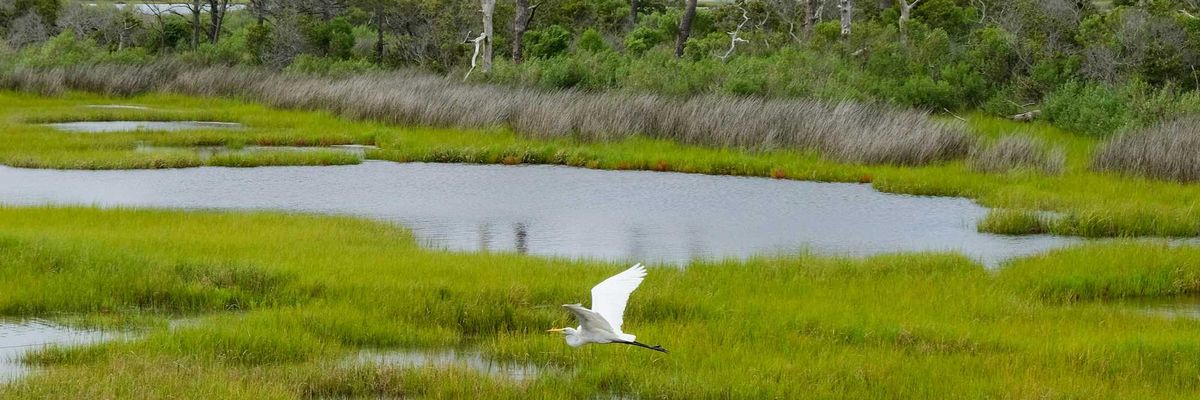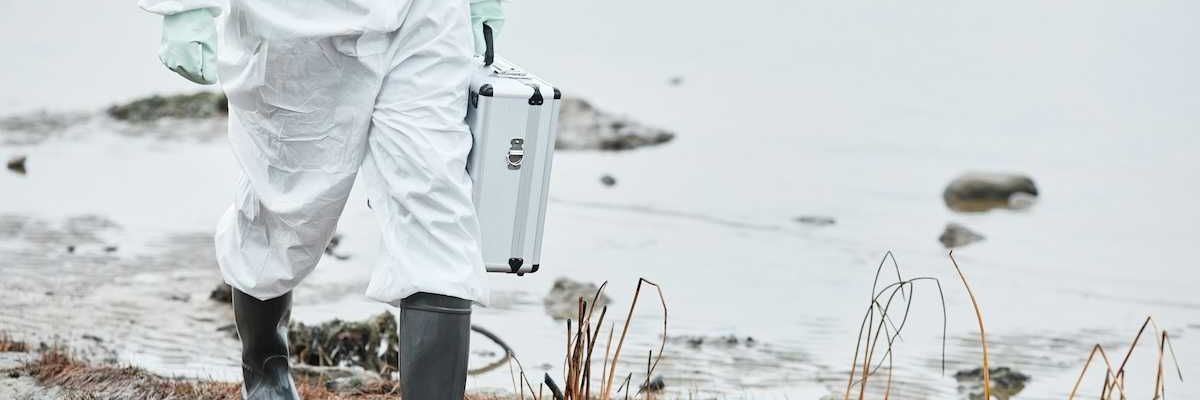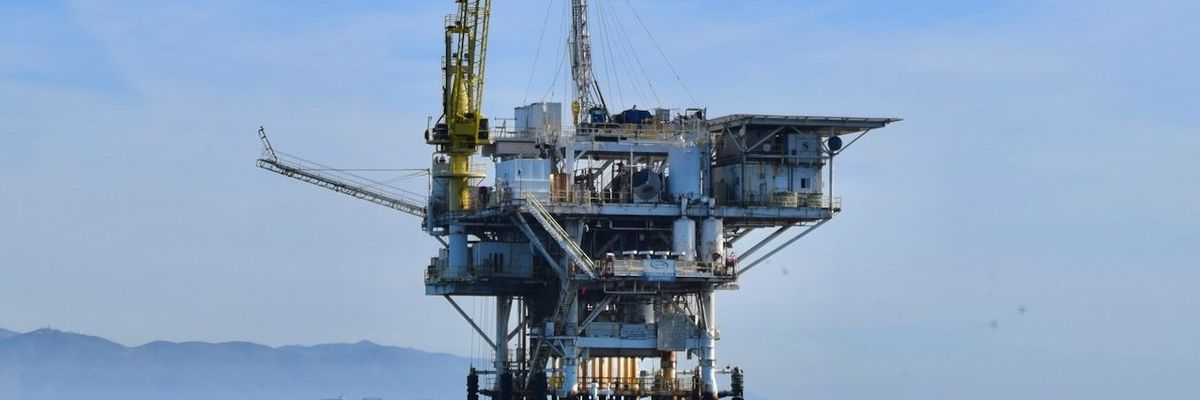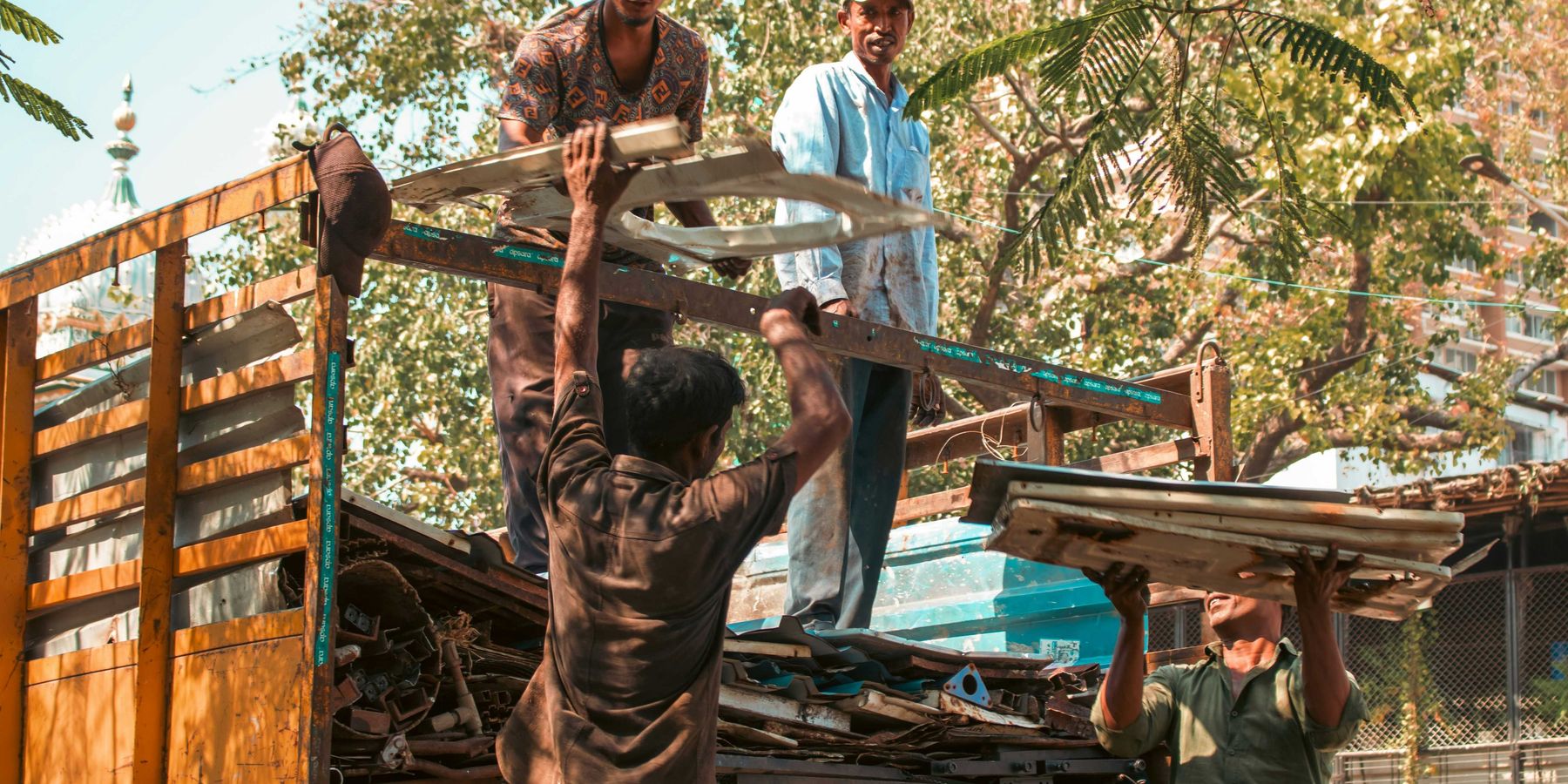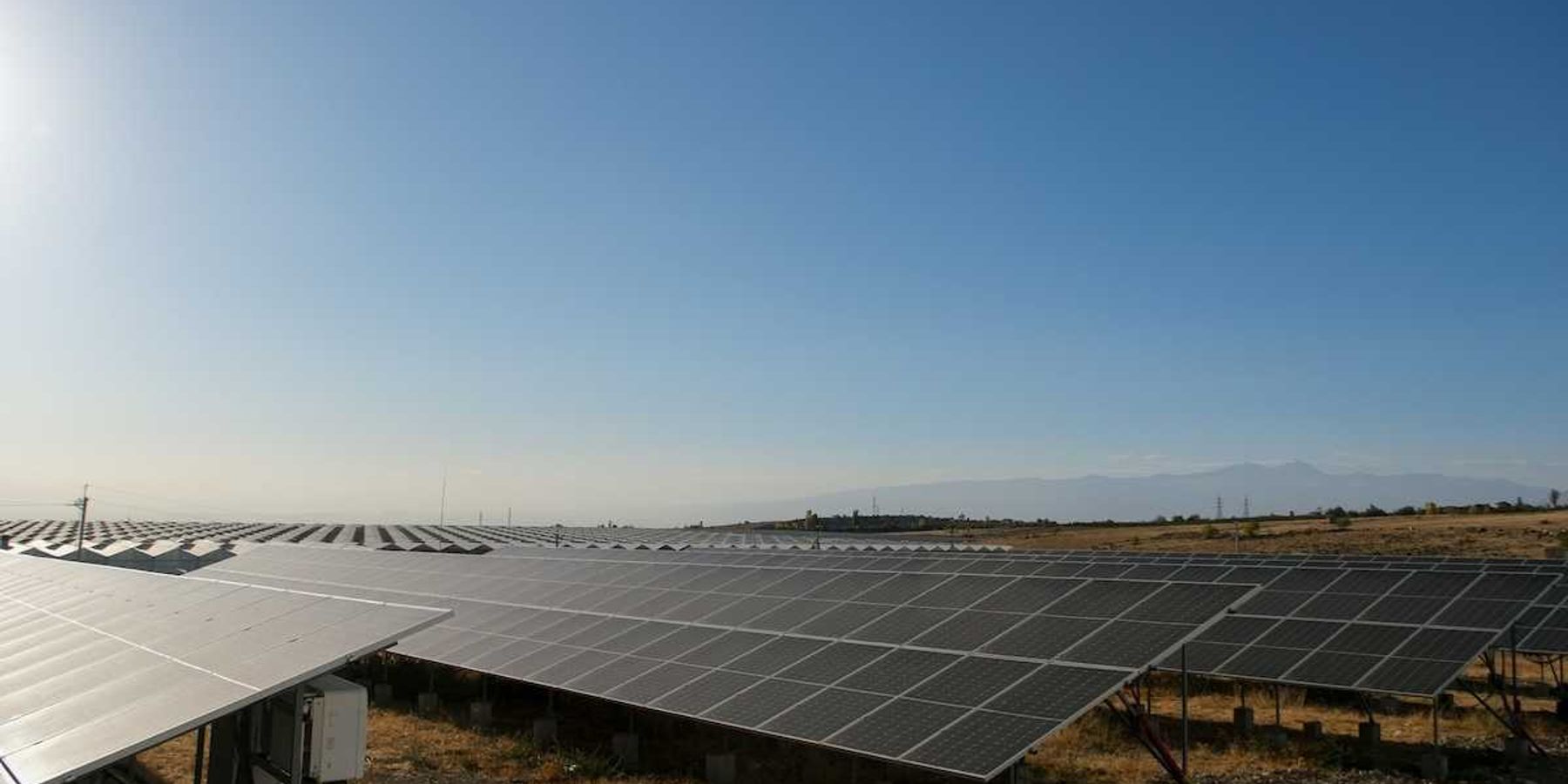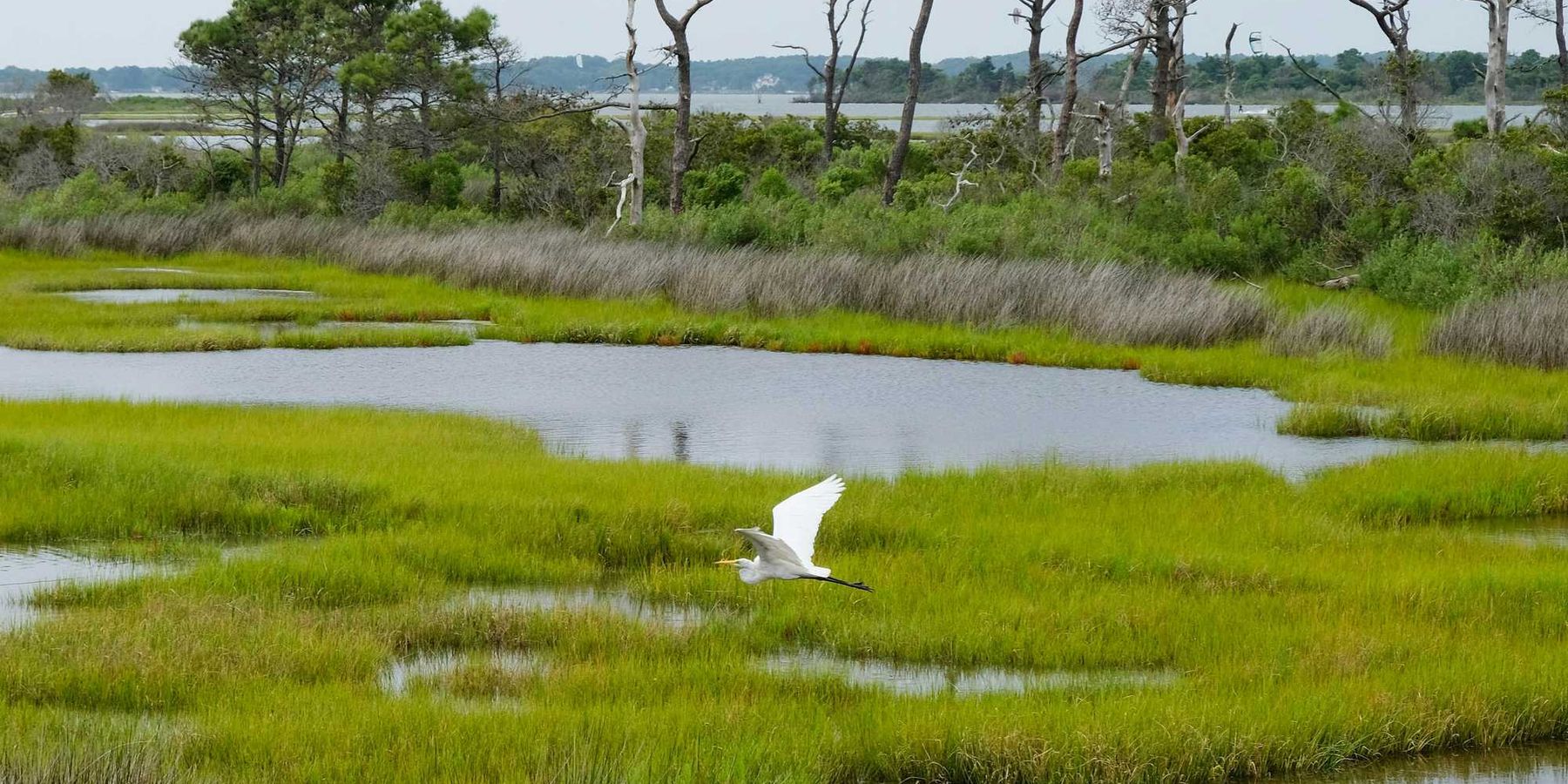yale.edu
Arkansas's former oil fields may become the forefront of sustainable lithium extraction
Southern Arkansas's Smackover Formation, known for its oil production history, is now a hopeful ground for lithium mining.
In short:
- The Smackover Formation, historically an oil production site, may soon aid in the clean energy transition with its rich lithium brines suitable for direct lithium extraction (DLE).
- DLE allegedly reduces the carbon emissions and water usage issues linked to conventional lithium mining methods.
- Despite the potential benefits, there are unanswered questions regarding the environmental impacts of DLE, including water consumption and waste management.
Key quote:
Developing a low-carbon economy "will take an incredible amount of infrastructure development, and we must minimize the environmental impact without halting the move into a low-carbon future."
— Douglas Zollner, director of science and strategy, The Nature Conservancy’s Arkansas field office
Why this matters:
Lithium is critical for electric vehicle batteries, a cornerstone of the shift toward renewable energy, making the development of sustainable extraction methods like those proposed in Arkansas vital.
Mining for lithium and other critical minerals raises complex questions about environmental preservation, community impact, and the true meaning of "going green" amidst efforts to combat climate change.
How warming ruined a crab fishery and hurt an Alaskan town
Beyond the yuck factor: Cities turn to ‘extreme’ water recycling
Youth climate lawsuit against federal government headed for trial
A federal judge has ruled that a high-profile climate lawsuit, brought by a group of Oregon youth against the U.S. government, can finally go to trial.
As plastics keep piling up, can ‘advanced’ recycling cut the waste?
Among some fish, heat stress may be contagious, study finds
“We found that heat-stressed zebrafish embryos release cues into the water, which then stresses other embryos that have not been exposed to heat themselves,” tweeted Katharina Wollenberg Valero, a biologist at University College Dublin.

